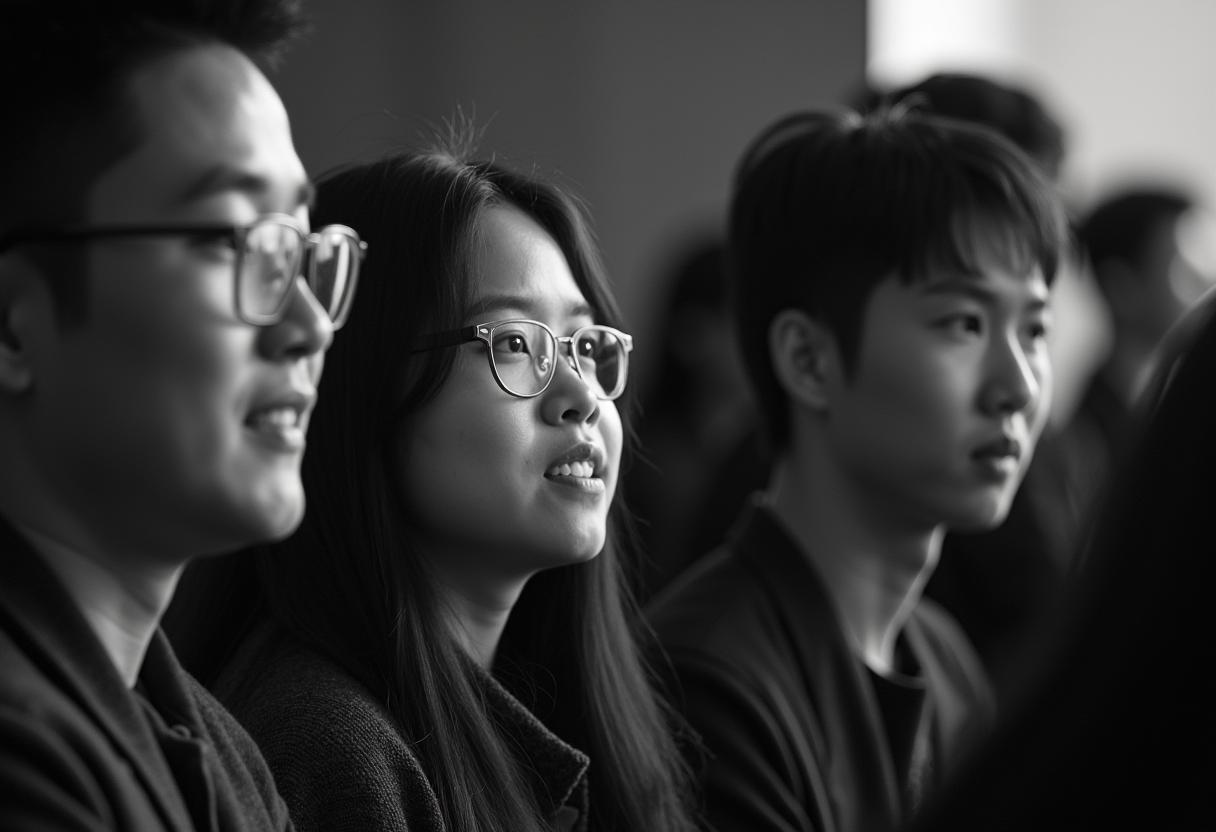Tuesday, July 22, 2025
South Korea is reportedly considering resuming individual tours to North Korea, in a landmark step forward in eliminating the decades-long division between the two nations. This historic endeavor will open a new era of inter-Korean relations characterized by peace, diplomacy, and mutual understanding via tourism into the DMZ.
Bridging Borders Through Tourism
South Korea is pushing ahead for policies to ease tension and enhance the relations with the North, Yonhap news agency reported, citing the Ministry of Unification Monday. Of several measures under consideration, the restart of the tourism could prove to be a major diplomatic hand that shakes inter-Korean relations to their core.
The Calm Diplomacy of President Lee Jae-myung
The move to invite back individual tours reflects President Lee Jae-myung’s principle of diplomacy and pursuance of peace. Since taking office, Lee has sought to reduce tensions, by suspending provocative anti-North Korea loudspeaker broadcasts at the border and an end to distributing leaflets critical of the North Korean leadership. This tour initiative is another powerful stride forward in Lee’s long-standing campaign for a permanent peace.
Contributing: Tourism as a Potential Pathway around Sanctions
Tourism is one of the few other prospective channels for North Korea since it is not subject to the broad-based international sanctions regime levied against the North by the U.N. Such sanctions, aimed mostly at North Korea’s nuclear and missile programs, leave tourism as one of the last remaining genuine and meaningful sources of revenue for the country. This suggests that South Korea’s pursuit in this direction is subtle, calibrated and seeks to balance diplomatic goals with international compliance.
Revitalizing Dialogue with North Korea
South Korean President Lee raised the issue of individual tours during the National Security Council meeting on the 10th, when he mentioned the possibility that they may be resumed. This has led to an active process within the administration to review the drafted concept. The restored tours are considered a key negotiating card toward renewed talks and discussions with Pyongyang.
The Significance of Individual Tours
Beyond the economic there has always been an important strong cultural connection between the two Koreas, individual and group tourism has been one function of this which pointed up the fact these people to people relationships were the more than just about an economic exchange for they were in reality a critical expression of a human connection that transcended years of political and ideological division. The resumption of such tours would not only be a great diplomatic achievement, but might result in a deeper appreciation and understanding of one another’s culture and values, eventually leading to a peaceful cohabitation between the two territories.
Overcoming Past Challenges
Earlier attempts at tourism, such as tours to the Mount Kumgang, were suspended, often amid rising political tensions and safety fears. These tours would need rigorous safety protocols, and clear diplomatic coordination would be essential to safeguard the health of guests as well as diplomatic relations. I think South Korea’s careful consideration of this indicates how well it has prepared and how committed it is to permanent peace.
international implications: Finding a balance between diplomacy and security
Any return of tourism would likely come under close scrutiny from big powers such as the United States, China and Russia which have a stake in Korean Peninsula stability. The possibility of South Korea re-entering the frame through tourism suggests a more balanced approach which encourages discussions without detracting from global security efforts toward denuclearization and stability.
Economic Impact and Humanitarian Benefits
The economic benefits for Pyongyang may not be small if South Korean citizens are allowed to travel individually to North Korea, which in turn could serve as incentives for Pyongyang continue with a dialogue and cooperation. In addition to economic activity, when you have pavement that promotes tourism, you have individuals coming together and that contact prevents misunderstandings and when you are good to each other face to face, you are less likely to go to war.”
Strategic Patience: Moving Towards Reconciliation
Opting to potentially restart independent tourism reflects the larger strategic patience being displayed by Seoul. By systematically reducing barriers and opening diplomatic channels, South Korea signals to North Korea that it is truly committed to forging a peace and cooperation-oriented path.
Looking Ahead: Prospects and Challenges
However, whether Lucy is in early-phase development or only a concept at this point, the impact will be huge. Key elements are delicate diplomacy, strong security safeguards, international cooperation and North Korea’s willingness to reciprocate in a constructive way. Tonight, the world is hopeful — but the world watches South Korea with cautious optimism as it travels down this audacious and delicate road to peace.
